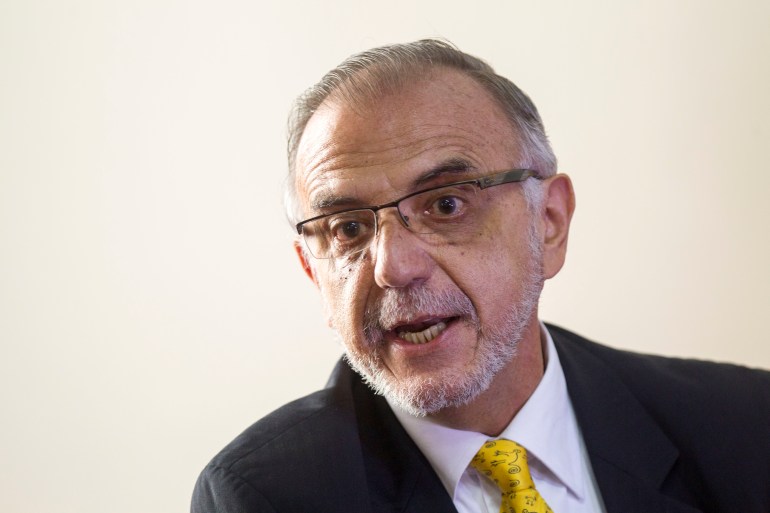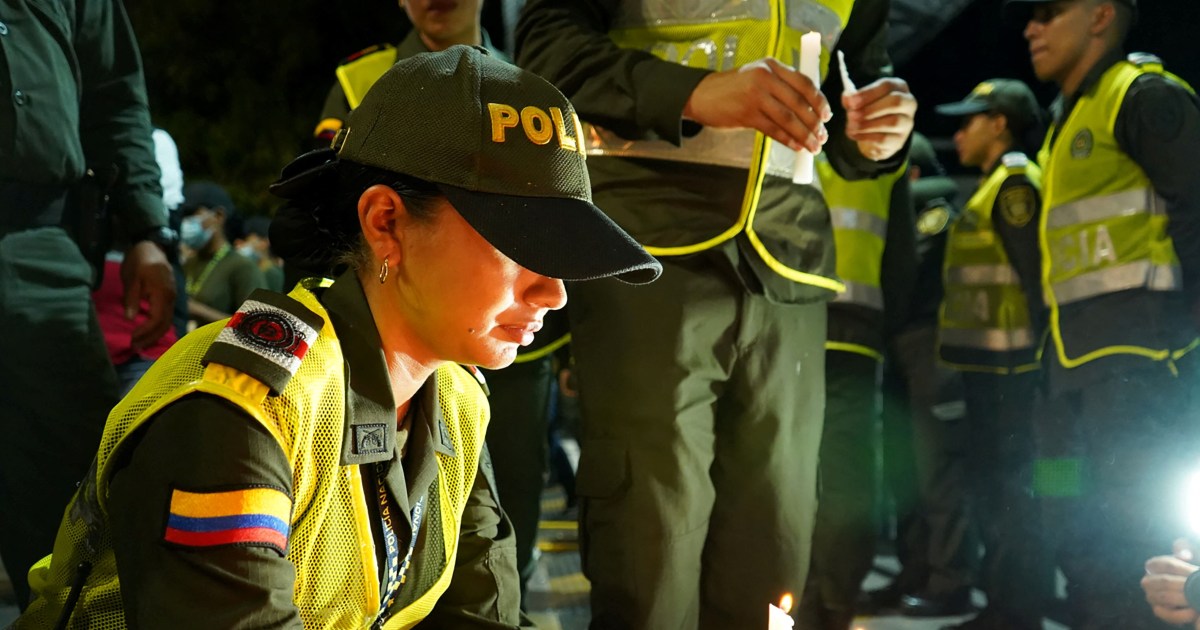The Facts
Colombia's Defense Minister told reporters on Monday that at least 18 people died on Saturday as a result of clashes between dissident factions fighting for control of drug trafficking routes. The conflict took place in Puerto Guzmán, about 60km (37 miles) from the border with Ecuador.
It's the highest death toll from fighting among illegal armed groups since Colombia's first leftist president, Gustavo Petro, took office in August. Petro vowed to bring "total peace" to the country, by ending a decades-long armed conflict that claimed at least 450K lives from 1985 to 2018 alone.
The Spin
Left narrative
Though significant obstacles remain, the fact that Colombia and its leaders have indicated there is hope for peaceful dialogue shows that this historically violent country may have turned over a new leaf. It won't be easy to persuade all stakeholders to reach agreement, but Petro has already conducted more diplomacy than his predecessors.
Right narrative
It's evident that Colombia needs total peace, but it should not come at the vast cost of implementing total impunity. Petro's plan is disastrous, as it would allow asset laundering operations to benefit criminals who should instead be forced to pay sanctions and hand over their tainted money to the Colombian people.
Cynical narrative
Petro's "Total Peace" plan offers a general framework to open dialogue and is a step towards achieving his ambitious goal, but the strategy is risky as there is no alternative in case negotiations go wrong or if criminal groups refuse to lay down their arms. Most problematically, this proposal fails to tackle the roots of violence in Colombia and could further decentralize groups, as evident in FARC's demobilization.


